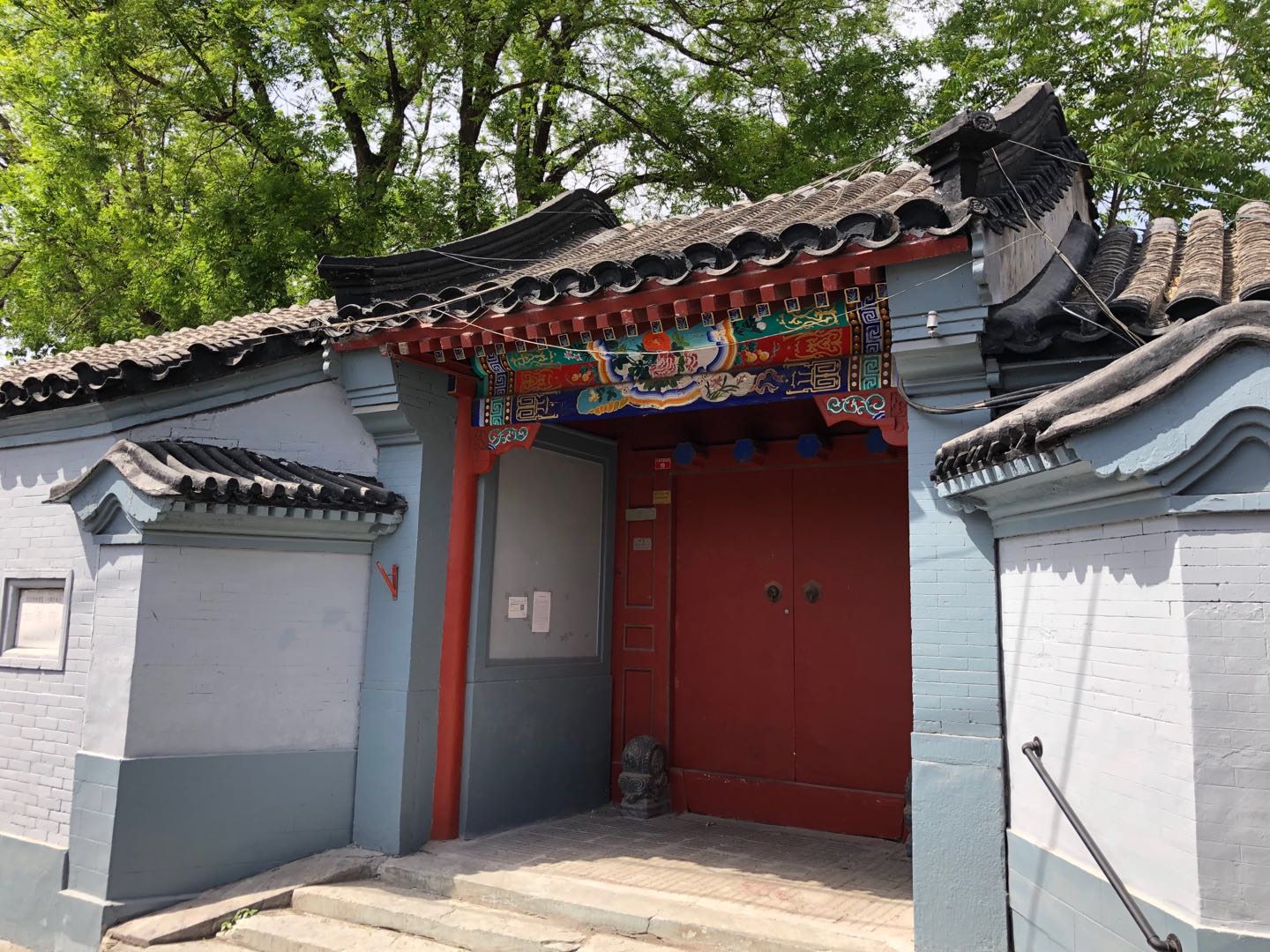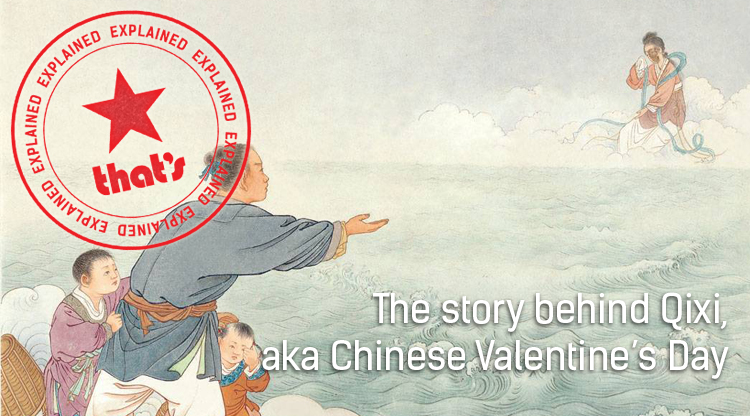Who’s Who of the Hutong? is a monthly feature that explores the lives of famous historical figures who lived in Beijing’s hutong. In this edition, we look at the life of Wu Peifu, a warlord who once controlled much of central and northern China, including Beijing.
He lived in Shijin Huayuan Hutong during his retirement from 1932 until his death in 1939. The exact circumstances surrounding his death are still something of a mystery.
Like many former residences of historical figures in Beijing’s hutong, that of Wu Peifu is relatively unassuming. Tucked away in Dongcheng district’s Shijin Huayuan Hutong, the small courtyard home is now nothing more than a residential building close to a boutique hotel and a few small convenience stores.

Ancestral home of Wu Peifu in Beijing's Shijin Huayuan Hutong. Image via Alistair Baker-Brian/That's
Educated at the Baoding Military Academy, Wu was recognized as a skilled military leader early on. He joined the Beiyang Army led by general Yuan Shikai and quickly rose up the ranks following Yuan’s death in 1916.
His consolidation of power in much of north and central China was not without brutality. His suppression of the strike by Beijing-Hankou Railroad workers in 1923 lost him a lot of popular support. Wu ordered more than 20,000 soldiers and police to crackdown on the 20,000 workers in what turned into an almost week-long massacre.
Defeat by nationalist forces led by Chiang Kai Shek forced Wu to flee to Sichuan in 1927. He later returned to Beijing during his retirement and from 1932 until his death in 1939, he lived in Shijin Huayuan Hutong.
The circumstances surrounding his death in 1939 remain something of a mystery.
Prior to his death, he had suffered from septicemia which prompted a home visit from a German doctor. The doctor told Wu to go to the German hospital located in Beijing’s Dongjiao Minxiang neighborhood.
However, Wu stressed that he would not go to the hospital as it was inside a foreign concession. Entering a foreign concession was a violation of one of Wu’s personal rules. He reportedly told his wife that if she took him there, she would no longer be his wife.
Wu’s condition worsened. A Japanese military doctor was later sent to treat Wu. He died shortly after the doctor’s visit.
Some believe the doctor was sent to murder Wu because years earlier, he had refused to serve as the leader of a puppet government in part of Japanese-occupied China.
Many reject this as a wacky conspiracy theory, pointing out that Wu had been involved neither in the military nor in politics for a long time and the Japanese rulers therefore had no motive to murder him.
It’s perfectly plausible that at the age of 65, Wu simply died of natural causes.
Exactly how Wu died may remain a mystery forever. What is clear however, is that until defeat, his military leadership was not in question.
[Cover image via Wikipedia]






















0 User Comments